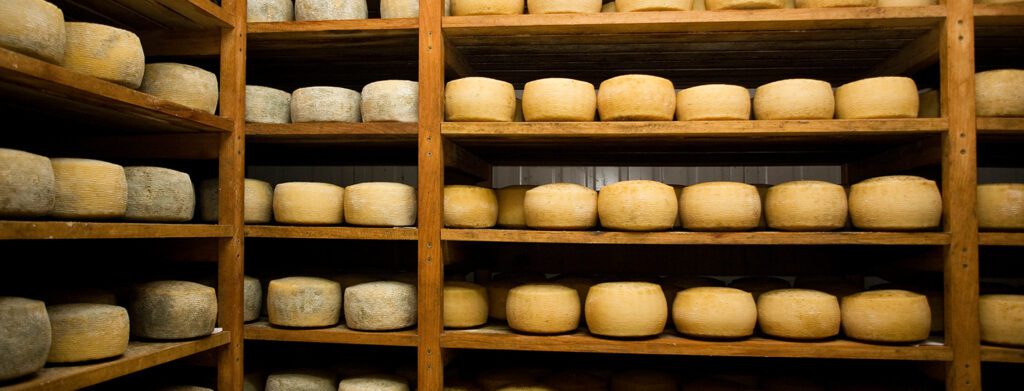Author
In 2014, the cheese industry saw a record surge in exports including £77 million of sales to France and £19 million of sales to Italy. This business represented a third of the overall dairy exports of £1.5 billion. With such rising demand, it is important that cheese makers consider obtaining “protected name” status not only to prevent poor imitation, but also to encourage tourism and increase business revenue.
There are estimated to be over 700 distinct varieties of cheese produced in the UK. However, only 16 of these having been awarded protected status. In comparison, Italy and France respectively have 49 and 51 of their cheeses currently protected. Please see the British Cheese Boards website for more background information, including the differing types of protection which are available in this context.
11 of the UK’s 16 protected cheeses are located in the South West and include household names such as: Single Gloucester; Dorset Blue; and Westcountry Farmhouse Cheddar. Despite this, there are many producers both across the South West region and the rest of the country that could capitalise on the advantages of protected food name status.
Such protected status creates an element of exclusivity surrounding produce and could arguably be seen as a contributing factor in the surge of international cheese exports.
The Environment Secretary Elizabeth Truss, recently urged cheese makers to register a protected food name status over their goods commenting that:
“Growing our British cheese industry will help to bring greater investment, jobs and tourism to local communities. And by trademarking our best-loved cheeses we are not only celebrating our rich heritage of cheese making, but also protecting them from pale imitations.”
These are clearly important benefits for businesses to protect their brands and in particular consider whether their products that may be capable of obtaining protected status. A list of the products which have protected status can be found here.
One word of warning. Undoubtedly the application process for the protected status is not for the faint hearted. By way of example, the campaign to protect Melton Mowbray pork pies took 11 years to complete. However, the benefits to be reaped can be considerable, particularly when trading in products with a wider national or international appeal.
For more information, please contact David Thompson, Head of Food and Drink, Michelmores LLP on 01392 687656 or at david.thompson@michelmores.com

